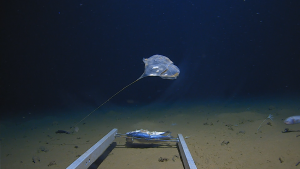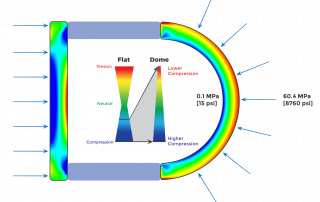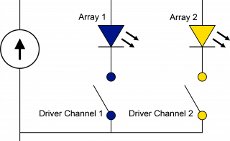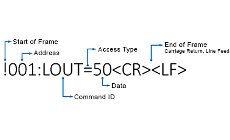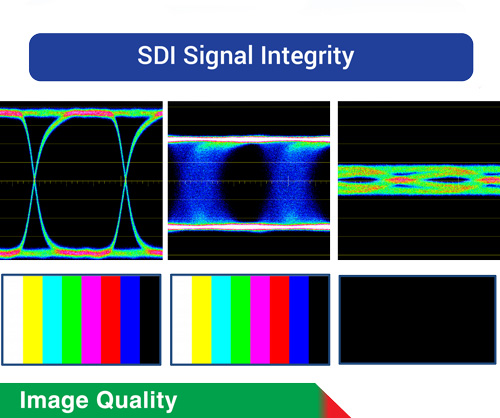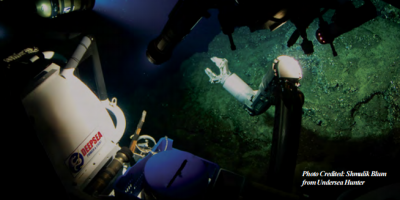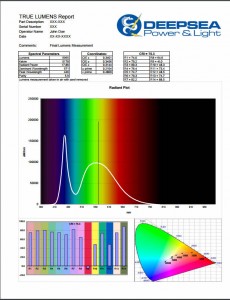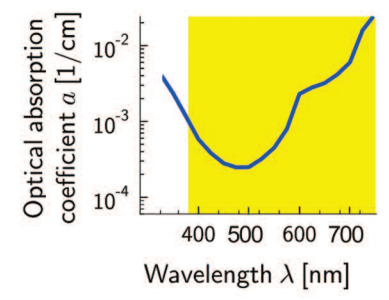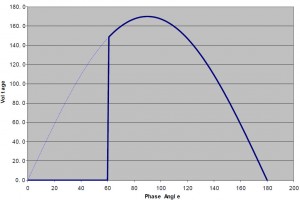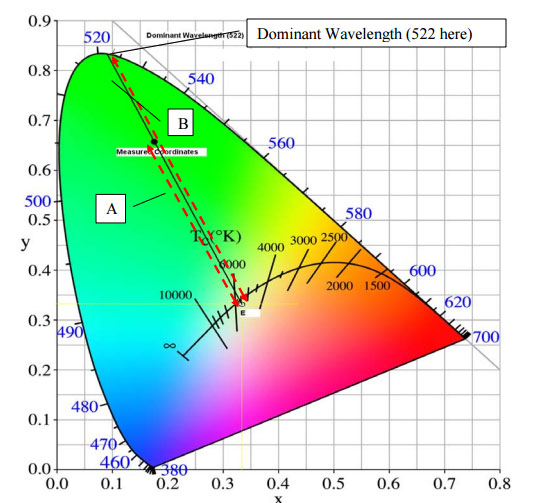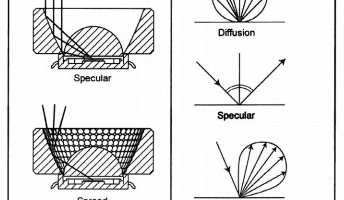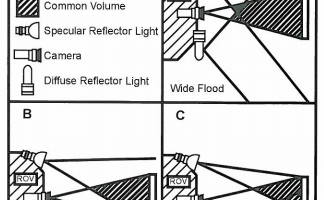
Technical Resources
Quiescent Imaging for Deep-Sea Science: Advances in Technology and Productivity
November 26th, 2019 | Knowledgebase , Press Releases , Technical Resources
There is a need for high quality underwater imaging in the oceanographic sciences. Quiescent imaging technology provides crisp 4k underwater imaging while allowing researchers to focus on mission-critical tasks.Dome View Ports – Best Performance Under Pressure
November 5th, 2018 | Technical Resources , Underwater Imaging
Creating crisp, high-resolution imaging for subsea applications requires overcoming a unique set of challenges. Every piece of equipment must not only withstand the high pressure far below the surface, but also account for the way light interacts with water.Multiray™ LED SeaLite®: Do More, See More
July 21st, 2017 | Technical Resources , Underwater Imaging
The Multiray LED SeaLite lets you do more and see more: two colors and beam patterns operated independently or together in one light.SeaSense™ Serial Protocol: Improved Control
July 21st, 2017 | Technical Resources , Underwater Imaging
SeaSense™ serial protocol yields improved control for lights and cameras over standard EIA-485 and EIA-232 industrial serial interfaces.Subsea High-Definition Video Systems
September 1st, 2014 | Technical Resources , Underwater Imaging
A technical discussion of the challenges and solutions for High Definition (HD) video systems in subsea applications contrasted against traditional analog technology.SubConn Catalogue
The universal wet mate connectivity solution for underwater technology applicationsUnderstanding the Basics of Underwater Lighting
May 1st, 2013 | Technical Resources , Underwater Imaging
In subsea photographic and video imaging applications, one of the challenges that system designers, integrators, and operators face is bringing along all of the light they will need for tasks below depths of about 150 to 250 m. At these depths, an understanding of how light propagates through water helps designers and users balance mission requirements against the real-world constraints of underwater lighting while helping them make informed lighting choices.True Lumens Report: Accurate Lighting Data Guaranteed
February 14th, 2011 | Optical Measurement , Technical Resources , Underwater Imaging
We ship a True Lumens Report with our SeaLite Sphere, Lumos, and Nano lights. You can count on the lumens output and emitted color matching our design specifications for every unit.Diode Lasers in Underwater Applications
June 1st, 2010 | Technical Resources , Underwater Lasers
Diode lasers are particularly well suited to marine applications because of their insensitivity to vibration, long life, compact size, wide input voltage, and instant restrike.Advanced Underwater LED Power Supply and Light Control
May 20th, 2010 | Press Releases , Technical Resources , Underwater Imaging
While great attention is given to LED solid state devices during their rapid evolution, they are just one component in a larger electronic circuit. LEDs are tiny, fragile devices that will be easily damaged if allowed to overheat or if exposed to excessive voltage or currents. These devices need an external electronic circuit, commonly called a driver, to safely control the power applied to them. This article will look at the driver circuitry behind the light emitters.Color Purity of LEDs
December 14th, 2009 | Technical Resources , Underwater Imaging
The term “Color Purity” often invites inquiries from customers viewing the spectral graphs generated by our integrating sphere. Color Purity was specifically created for LEDs with the 1997 CIE 127 Document and does not apply to any other type of light source, such as HID, HMI, CFL, or incandescent.Underwater Light Reflector Design
November 1st, 2008 | Technical Resources , Underwater Imaging
Two of the most important performance parameters for underwater lights are beam control and beam angle, both of which are primarily functions of reflector design rather than lamp type.Optimal Lighting Geometry for Underwater Lights and Cameras
September 1st, 2008 | Technical Resources , Underwater Imaging
Following ideal reflector design, the placement of an underwater light, or "luminaire", relative to the camera will have the greatest affect on image quality, due to "Common Volume Scattering," which can result in backscatter in the present of suspended particles or organisms.















